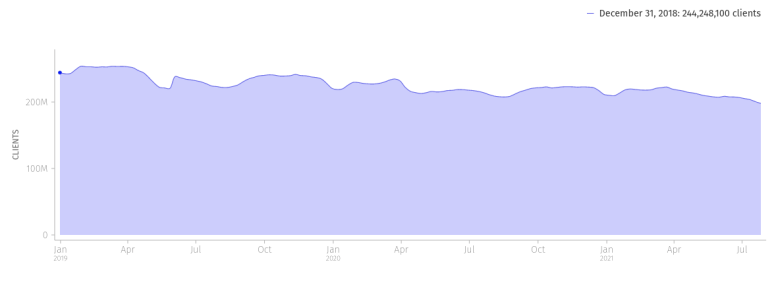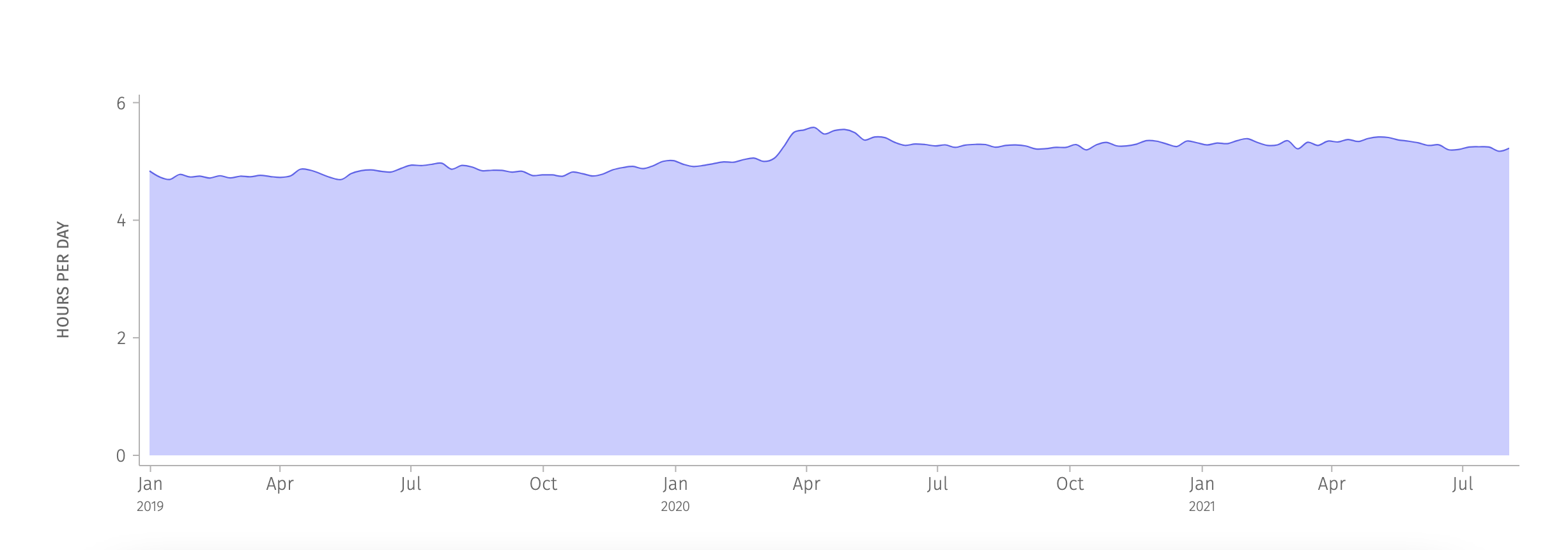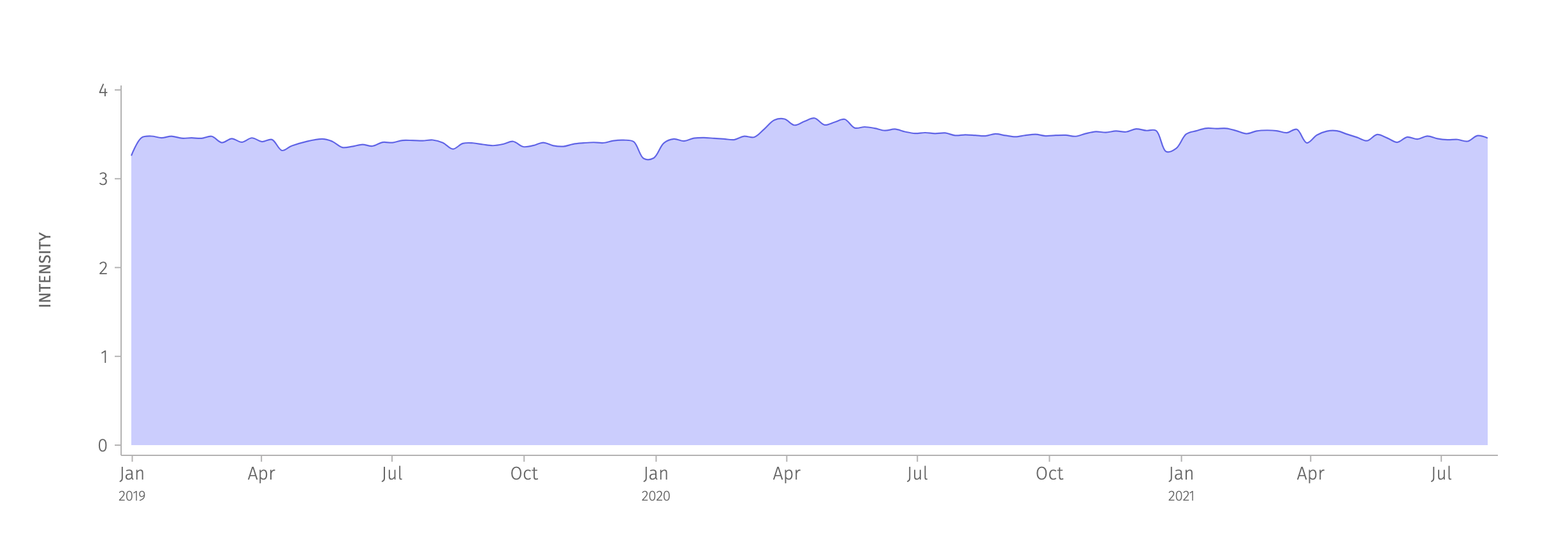Whether it’s Edge, Brave, Vivaldi in foreign countries, or 360 or QQ in China, these third-party browsers all use the Chromium engine. Mozilla’s Firefox is one of the few well-known browsers that is not based on Chromium.
As long as users have some observation of others around them, they will find that more and more users have switched to Chromium-based browsers instead of Firefox.
Recently, Firefox published its public data report since 2018, and the official report is a further confirmation of users’ observations.

According to official statistics, at the end of 2018, the number of active (monthly) users of Firefox was about 244 million, and by the end of the second quarter of 2021, this number dropped to 198 million. In other words, in two and a half years, the number of active Firefox users has dropped by nearly 50 million. However, looking only at the Chinese market, the number of Firefox users has increased from a low of 9.2 million to 14 million in the last two and a half years.

Daily usage shows how much time the Firefox desktop client spends browsing during the day. Globally, the Firefox client is used for an average of about 5 hours per day. Among the top 10 countries, the United States and Russia are the two most used countries on a daily basis, with about 6.0 hours and 5.5 hours of usage per day, respectively. Italy and India have the lowest daily usage, at about 3.7 hours.
In the past two years, global daily usage has risen from 4.7 hours to 5.3 hours, and even peaked at 5.6 hours in April last year. This may also be “attributable” to the impact of the epidemic, with more users working from home and thus needing to use Web-based remote collaboration tools and online meeting tools, as well as the demand for video viewing from home.

The average intensity shows the number of days per week that users use the browser. In total, Firefox users use the browser 3.5 days per week. The intensity is higher than average in Russia, Poland, the United States, France and Germany.
Now that privacy protection is increasing, and Apple, Microsoft and Google have publicly expressed their intention to improve the privacy protection of their operating systems, browsers or other tools in the past two years, privacy protection has become a top priority for these companies, and it is ironic that Mozilla’s Firefox, a browser that has continued to invest heavily in privacy protection and is even the first in the industry, continues to decline in the number of users.
So, why are users switching to Chromium-based browsers, especially Chrome? There may be several reasons.
- Chrome is the default web browser for Android.
- Microsoft Edge is the default web browser for Windows systems.
- Google search engine recommends that users install Chrome.
- Some web services are exclusive to the Chrome-based browser.
In addition to this, Firefox has been adding VPN, email relay and other services in recent years.
However, the lack of significant performance improvements may also be the reason why users are switching to other browsers.
Which browser are you using and what are the reasons for choosing this browser?